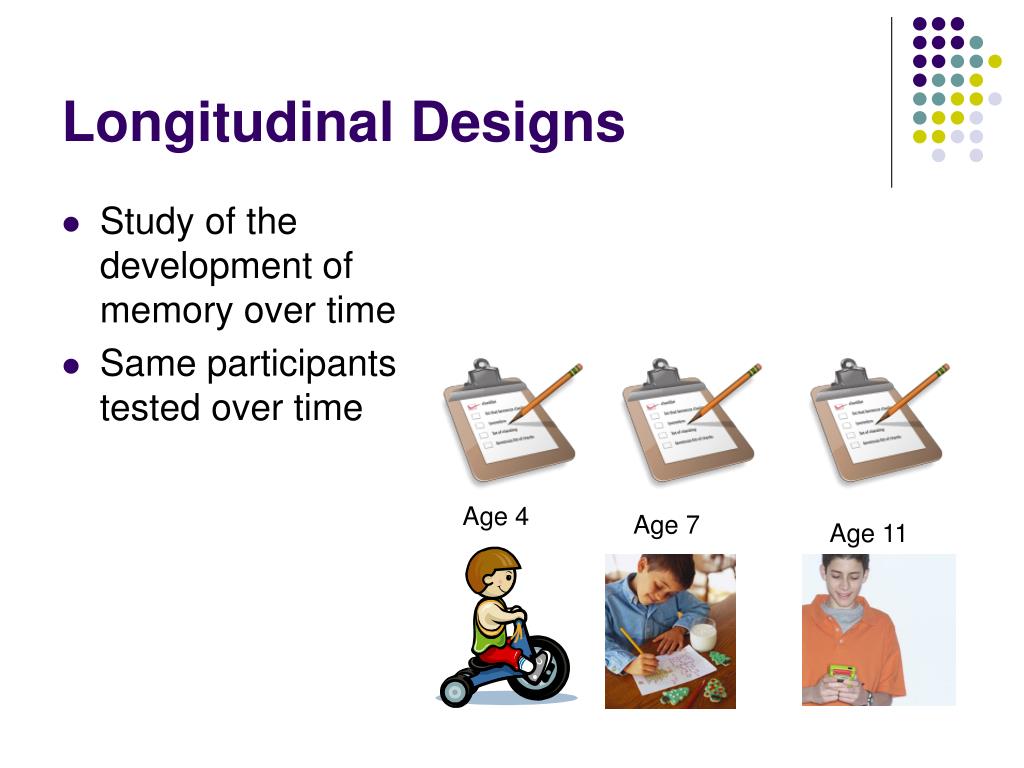Table Of Content

House arrest is a form of what the law refers to as “alternative sentencing” when someone has been convicted of a crime. It’s pretty much what it sounds like – the criminal is confined to his home or other residential location for a period of time rather than to prison or jail. Some states allow a probation or parole officer to immediately locate and arrest offenders who violate the terms of their house arrest. However, as a Los Angeles criminal defense lawyer can explain, not ever person convicted of a crime in California will qualify for house arrest and electronic monitoring.

Legal Notice
This electronic monitoring device is often maintained and monitored by a third-party provider, who can detect whether the defendant has unlawfully tried to leave the property or remove the device itself. If you violate the terms of house arrest your probation officer will decide whether to give you a warning or order you to appear in court for a hearing. A home confinement violation might result in the probation officer recommending that the remainder of the sentence be served in jail or prison.
PERSONAL & FAMILY
Also, certain visitors may not be allowed depending on the circumstances of the case. For instance, co-defendants would not be allowed to visit someone under house arrest. First-time offenders and non-violent offenders who commit minor or misdemeanor crimes do not deserve harsh punishment. It is better for them to be kept isolated and confined in a way that allows them to continue to function as part of society. The goal is to decrease the recidivism rates, meaning that by keeping them out of the prison system, they are less likely to offend again in the future.
Tort Law Definition & Examples
With the exception of habitual traffic offenders and people convicted of having driven under the influence of alcohol, extensive prior records generally preclude the use of house arrest, at least at the sentencing stage. Other factors that are often taken into consideration are employability, history of substance abuse, and unstable living arrangements. The health status of the offender might also be taken into account; house arrest is sometimes used for people with terminal illnesses who pose minimal risks to the community and wish to die with dignity in their homes or with their families.
Contact the Law Offices of M.J. Snyder, LLC, to Learn More Today
Bracelets can malfunction, for example, and allow offenders to go beyond the set boundaries. Not having them in prison could potentially cause a public safety issue and provide the defendant an opportunity to offend again. However, it is necessary for probation officers to use technology in order to be successful. While specific eligibility requirements will vary from state to state, in general, house arrest is recommended to the judge by the prosecutor and/or criminal defense lawyer for low-risk criminals.
Rules and Conditions of Home Detention
The bracelet sends a 24-hour signal to the monitoring agency that provides real-time communication of any irregularities. And because law enforcement knows where the defendant is at all times, the are usually fewer check-ins scheduled with probation- or parole officers. Morales, of the Cook County Sheriff’s Office, said that for minor infractions of the ankle monitor rules, offenders are issued a warning, but a person can be reincarcerated for multiple violations.
Russian Court Places Forbes Reporter Under House Arrest - Radio Free Europe / Radio Liberty
Russian Court Places Forbes Reporter Under House Arrest.
Posted: Sat, 27 Apr 2024 11:48:45 GMT [source]
Home Confinement While on Parole
In certain cases, a state’s law might mandate home detention and electronic monitoring as a condition of parole for convicted sex offenders. Potentially, you could be rearrested and wind up behind bars again if you violate the conditions of home detention, including by removing or tampering with your ankle monitor. One of the rioters who investigators say broke into the Capitol in January was caught because he was wearing an ankle monitor. Ankle monitors can be so expensive that some people in the system must choose between paying rent or their electronic monitor fees, according to Kilgore, with Challenging E-Carceration. Those fees are sometimes paid directly to the private companies contracted to provide the ankle monitors by law enforcement. Kilgore also wore an ankle monitor for a year as a condition of his parole.
Does house arrest count as time served?
If the officer violates your probation terms and you are found guilty of violating the terms of your house arrest agreement, the consequences could be severe. Your probation officer could recommend that you serve the remaining portion of your sentence in jail or prison instead of at home. Courts are increasingly using some form of house arrest or home detention with electronic monitoring as an alternative to the traditional sentence of incarceration or keeping criminal defendants behind bars while awaiting trial. However, some critics point to problems with expanding the use of “e-carceration,” especially when it replaces less-restrictive forms of pretrial release or parole and saddles people with the stigma and expense of ankle monitors. The benefits and drawbacks of home confinement depend in part on the context—when it’s used and what it replaces—as well as the conditions.
Forbes Russia journalist placed under house arrest - POLITICO Europe
Forbes Russia journalist placed under house arrest.
Posted: Sat, 27 Apr 2024 10:16:00 GMT [source]
Please reference the Terms of Use and the Supplemental Terms for specific information related to your state. Your use of this website constitutes acceptance of the Terms of Use, Supplemental Terms, Privacy Policy, Cookie Policy, and Consumer Health Data Notice. If your probation is conditioned on complying with house arrest, a violation can result in revocation of probation or modification in probation terms. Similarly, for a parole violation, you can be sent back to prison to serve out the remainder of the sentence. Home confinement usually comes with curfews and strict conditions of when a defendant can leave home. It's not considered to be a way to "let an offender off easy." House arrest is intended to be confining, and is a legitimate form of monitoring or punishment.

Another case is when the judge determines that the defendant’s sentence will be served on house arrest instead of in jail. It’s possible this will also come with probation terms, community service, court ordered therapy, drug rehabilitation, or any other number of conditions. Additionally, the judge may sentence the defendant to serving part of their time in jail and the remainder in house confinement. Of course, this sounds like the best case scenario if you’re accused or convicted of a crime, but it’s only reserved for nonviolent crimes and misdemeanors.
If you violate the conditions of your house arrest — including leaving home without an approved reason or violating curfew — you can be arrested immediately and removed from the program. House arrest, or home detention, is a form of punishment in criminal law where a person convicted of a crime is sentenced to the confines of their home rather than to jail or prison. It is often used for first-time offenders who commit minor, non-violent crimes.
In order for house arrest to be imposed, the defendant must first agree to the conditions and request it from the judge presiding over their case. The individual can also be required to perform community service or attend educational classes while under house arrest. House arrest is a form of criminal punishment recognized in Florida law and may be ordered by the local court system.
House arrest can be useful as a form of pretrial confinement for defendants who appear to be inappropriate candidates for being released on their own recognizance or who are unable to post bond. The primary goals of pretrial house arrest are to guarantee that the defendant shows up at trial, to ensure public safety, to reduce jail overcrowding, and to reserve jail space for the most dangerous or untrustworthy defendants. One major advantage of the use of home confinement at this stage is that people not yet found guilty are not subjected to incarceration with other, possibly more-serious, offenders. Alternatively, house arrest can be described as a form of punishment but one less punitive than confinement in jail or prison. Because of this premise, house arrest should be used only for offenders who would normally not be let out on bail or in cases where a very high bail is set but is reduced on the condition of house arrest. House arrest at this stage is particularly useful for juveniles, who are commonly detained for long periods of time prior to adjudication for minor offenses only to be released following adjudication and sentencing.

No comments:
Post a Comment